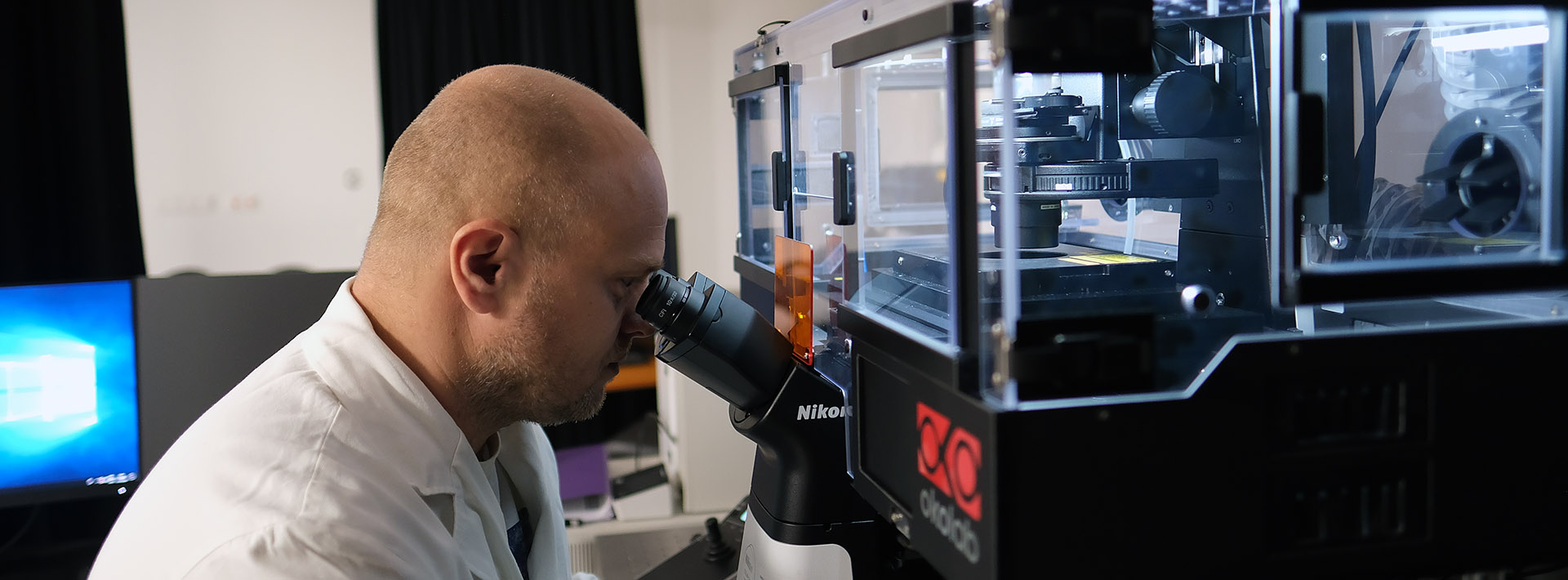Data
Official data in SubjectManager for the following academic year: 2024-2025
Course director
-
Lénárd László Csaba (Élettan)
professor emeritus,
Institute of Physiology -
Number of hours/semester
lectures: 12 hours
practices: 0 hours
seminars: 0 hours
total of: 12 hours
Subject data
- Code of subject: OXE-EHS-h-T
- 1 kredit
- General Medicine
- Elective modul
- autumn
ODA-BI2-T finished , ODA-MB2-T finished
Course headcount limitations
min. 5 – max. 25
Topic
Based on recent results, feeding related physiological and pathophysiological mechanisms will be discussed. Students will be trained to understand these mechanisms. The knowledge based on this course will highly contribute to better understanding further clinical studies on human diseases.
Peripheral and central mechanisms of hunger, satiety, salt appetite and body weight regulation will be discussed. Lectures will include the following topics: Neural and humoral processes. Peripheral and central glucose-monitoring system. The role of neuropeptides in the control of feeding and hydromineral balance. Pathological processes: obesity, bulimia, anorexia.
Lectures
- 1. Basic parameters: caloric intake, energy expenditure, measurement of food and water intake, body weight and body mass index. Body weight curves during development, adulthood and senescence. - Lénárd László Csaba (Élettan)
- 2. Peripheral and central mechanisms of body weight regulation. - Lénárd László Csaba (Élettan)
- 3. Endocrine mechanisms: the role of different hormones. - Lénárd László Csaba (Élettan)
- 4. Body weight loss, obesity. Long run pathological consequences of obesity. - Lénárd László Csaba (Élettan)
- 5. Hunger and satiety. Motivational mechanisms. Overeating, rejection. - Lénárd László Csaba (Élettan)
- 6. Hypothalamic dual centers. The role of limbic system in hunger and satiety. - Lénárd László Csaba (Élettan)
- 7. Peripheral glucose related signals. The central glucose monitoring system. - Lénárd László Csaba (Élettan)
- 8. Food rewarded learning, the role of reinforcement. Aversive learning, the role of conditioned taste aversion in feeding habits. - Lénárd László Csaba (Élettan)
- 9. The sight, odor, taste and texture of foods and their detection in the limbic system. Ingestive and rejective mimetic responses and their genetic determination. The role of monoamines in the regulation of feeding. Similarities of food rewarded learning and addictive behavior. The role of dopamine and neuropeptides. - Lénárd László Csaba (Élettan)
- 10. Orexigenic and anorexigenic neuropeptides. - Lénárd László Csaba (Élettan)
- 11. The role of the central angiotensinergic system in drinking and hydromineral balance. - Lénárd László Csaba (Élettan)
- 12. Childhood obesity and cognitive processes. Anorexia nervosa, bulimia and binge eating. Clinical relevance of animal experiments - Lénárd László Csaba (Élettan)
Practices
Seminars
Reading material
Obligatory literature
Literature developed by the Department
Notes
Notes taken at the lectures.
Recommended literature
Conditions for acceptance of the semester
-
Mid-term exams
Written exams.
Making up for missed classes
-
Exam topics/questions
There are no pre-created questions, in the last hour of the last lecture, students must write an essay on the questions asked by the instructor
